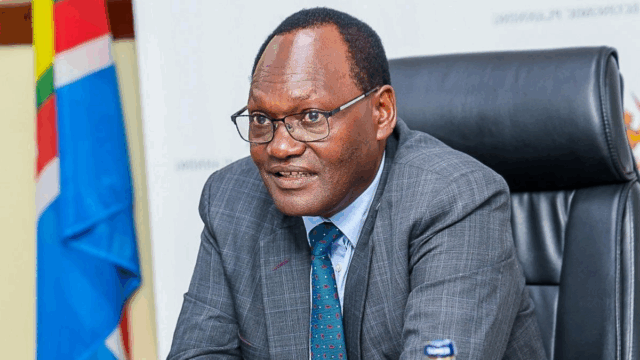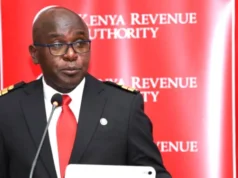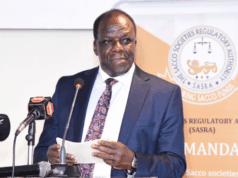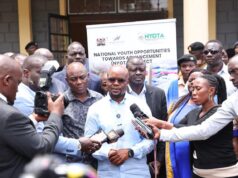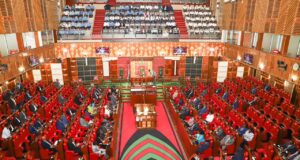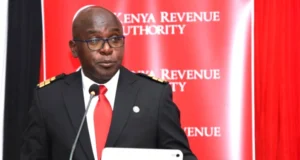Kenyan high-profile financial scandal has rocked the National Treasury, as Members of Parliament (MPs) raised alarm over the disappearance of Ksh. 44 billion collected through the eCitizen platform, the government’s central digital revenue system.
Appearing before the Public Accounts Committee (PAC), Treasury Principal Secretary Dr. Chris Kiptoo struggled to explain glaring inconsistencies between reported revenue collections and bank statements from the Central Bank of Kenya (CBK). Lawmakers questioned why such a massive sum could not be accounted for despite the platform recording full transaction logs.
“This is daylight robbery. Kenyans paid for government services in good faith. Where did their money go?” posed Ugunja MP Opiyo Wandayi, who chairs the committee.
eCitizen: Kenya’s Digital Pride Turned Nightmare
Launched as a flagship platform for digital service delivery, eCitizen allows Kenyans to pay for everything from birth certificates and passports to driving licenses and land services. The system was praised for increasing efficiency and reducing bribes — but now it’s at the center of a potential multi-billion shilling fraud.
According to internal audits, large portions of user payments were not reflected in the official Central Bank reconciliation statements for 2023 and early 2024. MPs noted that out of Ksh. 93 billion collected in that period, only Ksh. 49 billion was properly recorded.
Who’s Responsible?
Investigators are zeroing in on two private companies that served as payment gateways for eCitizen. One of them, reportedly registered just months before securing the lucrative deal, is said to have processed billions without proper oversight.
PS Kiptoo distanced the Treasury from the selection of service providers, instead pointing fingers at the Ministry of ICT and the Office of the President.
“We don’t control the payment gateways. That’s under a different docket,” he said — a response that sparked outrage among MPs.
Public Outcry and Gen Z Pressure
Online, the scandal has enraged Kenyans — especially the digital-savvy Gen Z generation that actively uses eCitizen. TikTok, X (Twitter), and Instagram are flooded with memes, exposés, and calls for arrests under the trending hashtag #WhereIsTheMoney.
Some influencers have gone further to create breakdowns showing how an average Kenyan pays over Ksh. 3,000 a year through the portal — yet the government can’t track the money.
Auditor General Demands Full Disclosure
Auditor General Nancy Gathungu has issued a 14-day ultimatum to the Treasury and ICT ministries to provide full reconciliation data, including third-party account statements, contracts with service providers, and confirmation of actual remittances to the CBK.
What’s Next?
The Ethics and Anti-Corruption Commission (EACC) and the Directorate of Criminal Investigations (DCI) have reportedly launched parallel probes. Parliament has also hinted at recommending suspension or prosecution of culpable officials.
Meanwhile, President William Ruto is under growing pressure to address the matter directly, with critics accusing his administration of failing to uphold transparency in the digital era.


